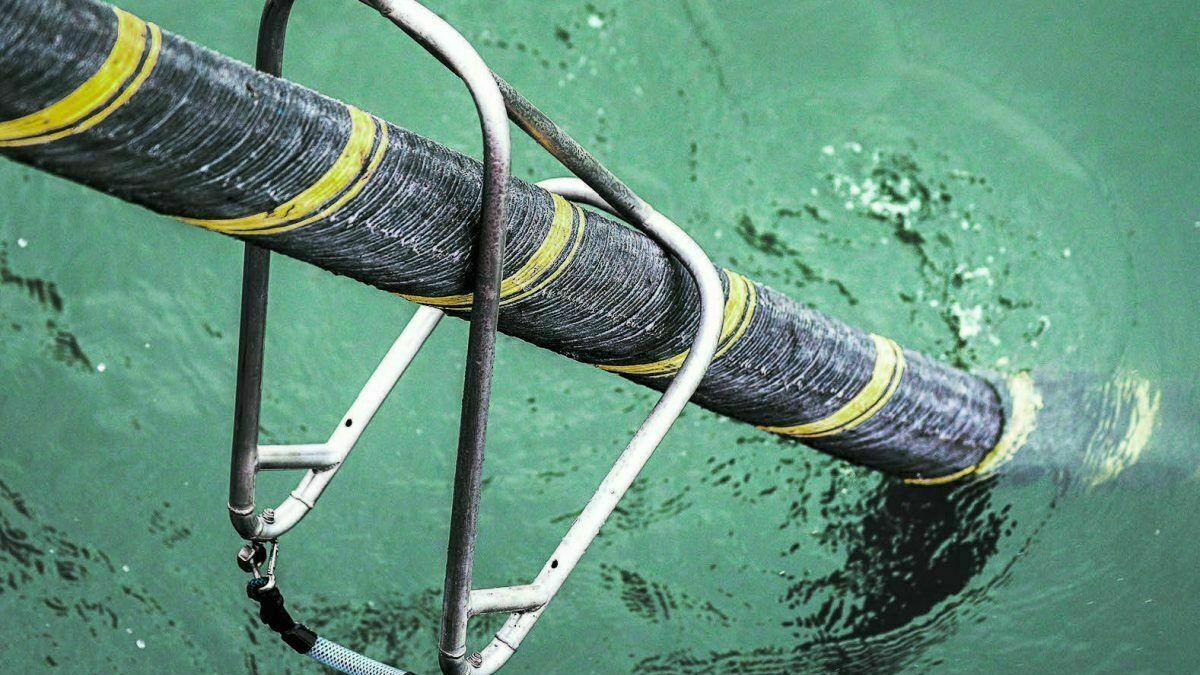Posted 10 апреля 2023, 11:14
Published 10 апреля 2023, 11:14
Modified 10 апреля 2023, 13:37
Updated 10 апреля 2023, 13:37

China will lay its own underwater Internet cable that will connect East and West
This is a direct challenge to a similar project already started, supported by the United States, Reuters reported. According to experts, the Chinese plan is a sign of an intensifying technological war between Beijing and Washington. But most importantly, China's actions risk tearing the fragile fabric of the Internet.
The Chinese-led project is designed to compete directly with another cable, which has now begun to be laid by the American company SubCom LLC, called SeaMeWe-6 (Southeast Asia-Middle East-Western Europe). It will connect Singapore with France via Pakistan, Saudi Arabia, Egypt and half a dozen other countries along the entire route.
Beijing, by the way, does not hide the fact that three major business giants of China are involved in the development of the national project - China Telecom, China Mobile Limited and China Unicom. The cable, which will cost about $500 million to build, will be manufactured and laid by China's HMN Technologies Co Ltd, a fast-growing cable firm whose predecessor was owned by Chinese telecommunications giant Huawei Technologies Co Ltd. HMN plans to create one of the most reliable and advanced submarine cable networks in the world as soon as possible.
Known as EMA (Europe-Middle East-Asia), the Chinese cable at the first stage will connect Hong Kong with the island province of China Hainan, then its path will run to Singapore, Pakistan, Saudi Arabia, Egypt and France.
The news about the new building literally shocked the White House. The United States has long been concerned that Chinese intelligence is allegedly listening to the Internet. In this regard, the Americans have already disrupted a number of Chinese submarine cable projects abroad over the past four years. Washington has also blocked licenses for laying private submarine cables that would connect America with Chinese Hong Kong.
China, meanwhile, has already restricted the free access of its citizens to the global Internet controlled by the United States. Soon, users of Chinese cable networks will be able to consume only Chinese products instead of Google, YouTube, Facebook and Twitter.